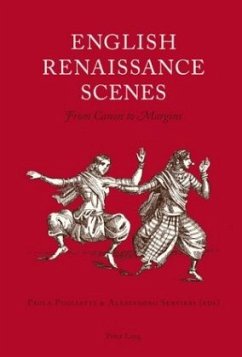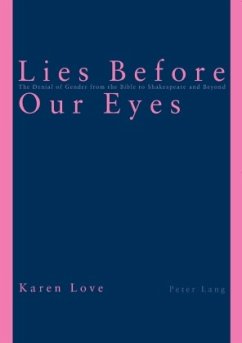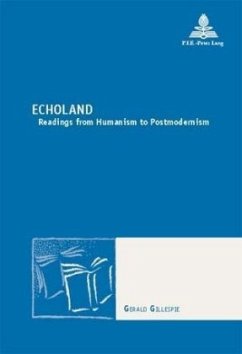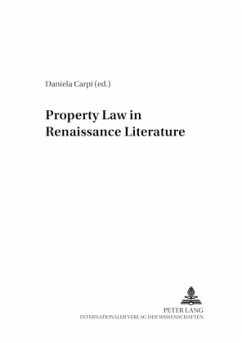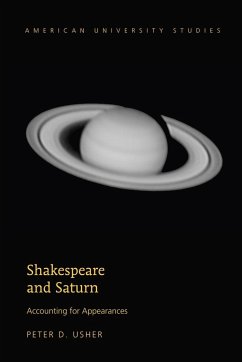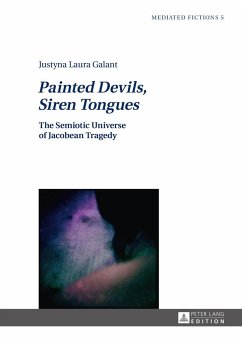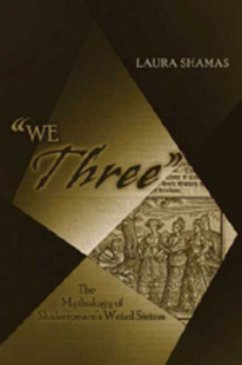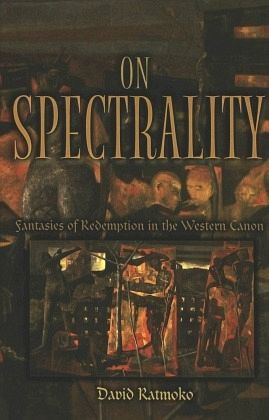
On Spectrality
Fantasies of Redemption in the Western Canon
Versandkostenfrei!
Versandfertig in 6-10 Tagen
84,50 €
inkl. MwSt.

PAYBACK Punkte
0 °P sammeln!
In this bold and highly original work, David Ratmoko offers an analysis of haunting in the history of European literature, law, and politics, in the wake of Derrida's notion of 'spectrality'. Interested in figures of redemption from guilt, he traces the rise of canonical literature through the history of an encryption or transcoding that has produced such fantastic compromises as Exodus, Greek tragedy, Dante's Comedia, and Shakespeare's Hamlet as well as the conversion into capitalism. Addressing the issue of ghosts through our modern crisis of legitimacy, as raised by Benjamin, Schmitt, and K...
In this bold and highly original work, David Ratmoko offers an analysis of haunting in the history of European literature, law, and politics, in the wake of Derrida's notion of 'spectrality'. Interested in figures of redemption from guilt, he traces the rise of canonical literature through the history of an encryption or transcoding that has produced such fantastic compromises as Exodus, Greek tragedy, Dante's Comedia, and Shakespeare's Hamlet as well as the conversion into capitalism. Addressing the issue of ghosts through our modern crisis of legitimacy, as raised by Benjamin, Schmitt, and Kafka, Ratmoko explores Freud's idea of traumatic fantasy in its capacity of driving the progress of spirituality or spectrality in the Judeo-Christian world.



